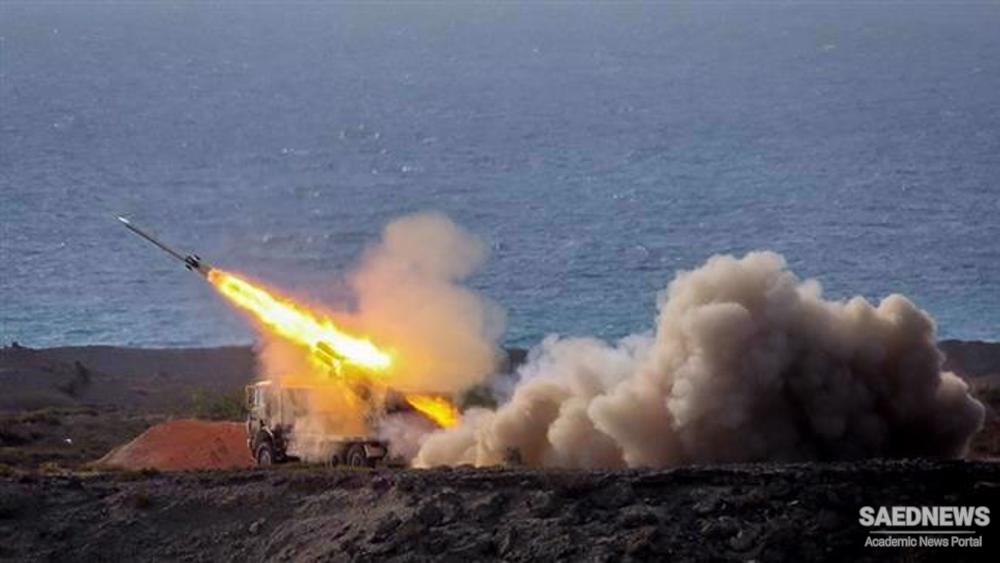In a tweet on Sunday, the news analysis website, which is close to the country’s Supreme National Security Council (SNSC), said, "Creation of [a] joint defense pact in the region by [the] US with participation & hidden management of Zionists is a threatening act.".
“If the implementation of such plans threatens security of #Iran in any way, it will face initial decisive response to the nearest & most accessible targets,” the news website added.
This came days after sources familiar with the matter revealed that the US and Israel are seeking to lay the groundwork for the so-called security alliance with some regional Arab states to fight off what they call the threat from Iran.
Discussions on the plan are still at an early stage and have already met resistance from several Arab countries who refuse to do business with Israel, Reuters on Thursday quoted four sources as saying.
The report came ahead of a scheduled visit by US President Joe Biden to Saudi Arabia and the Israeli-occupied territories later this week, with issues including Iranian air defense might as well as its advanced missile and drone capabilities top on the discussions.
Back in 2020, the United Arab Emirates and Bahrain signed US-brokered agreements with Israel to normalize their ties with the occupying regime. Two more Arab countries in Africa, namely Sudan and Morocco, followed suit soon afterward.
The normalization deals have been met with widespread condemnations from the Palestinians as well as nations and human rights advocates across the globe, especially within the Muslim world.
Other regional countries have also been fraternizing with Israel, including Saudi Arabia, which received a visit by the regime’s former prime minister Benjamin Netanyahu in November 2020.
The US, Israel, and the Arab countries – Saudi Arabia and the UAE in particular – have for long warned of what they claim to be threats posed by Iran’s military capabilities.
Tehran, meanwhile, has repeatedly made clear that its homegrown military capabilities remain defensive and deterrent in nature and are intended to keep foreign intruders from destabilizing the region.
It has also urged Persian Gulf states to quit relying on foreign powers for their security and that regional security can only be achieved by neighboring states.
Iranian Foreign Ministry spokesman Nasser Kan’ani said on Saturday that an increased presence of the United States in the Middle East will only foment insecurity in the region and help further spread terrorist activities.
“Any measure to pave the way for the increased presence and role of the United States in regional security mechanism will have no other outcome but insecurity, instability, and spread of terrorism across the region,” the Iranian spokesman said (Source: PRESSTV).


 Tehran rejects ‘politically motivated’ Guterres report on human rights in Iran
Tehran rejects ‘politically motivated’ Guterres report on human rights in Iran














































